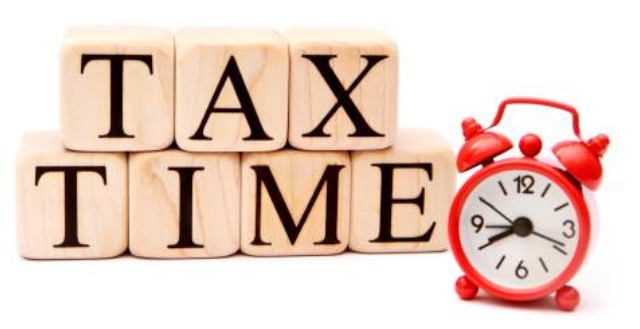Self-Assessment: Last Reminder for Bookkeeping Assistance!

What do you need to complete your Self-Assessment?
Income:
* Details of all income received through your PAYE; you will need your P60 if you were paid up to the end of the tax year or your P45 if you stopped working through PAYE during the tax year.
* Bank statements showing any interest received and whether tax has been deducted at source on the bank accounts.
* Details of any rental income received.
* Details of any dividends received.
* Details of any ‘benefits in kind’ received by you such as health insurance through an employer.
* Full details of travel and accommodation expenses received.
* Full details of all self-employed income.
* Details of any benefits claimed.
Expenditure:
* Details of any tax deductable expenses such as office rent, phone bills, travel, professional fees, IT subscriptions, purchase of equipment, advertising costs, any repair or maintenance expenses for rental properties, charitable donations. You can find full details of allowable expenses on the HMRC website or your accountant could advise you).
* Bank statements – both personal and business if you have separate accounts.
Do you need to file a Self-Assessment?
If you receive notification from HMRC to complete a Self-Assessment or are in receipt of any income that is NOT taxed at source you must file a Self-Assessment. Usually, anyone who earns above £100,000 annually or, if you or your partner earns £50,000 or more and are in receipt of child benefit a Self-Assessment must be completed.
What is income that is not taxed at source?
This includes rental income, self-employed income (no matter how little), and dividends from shares.
When do you need to file your Self-Assessment?
The tax year (or fiscal year, the term used by those in the financial sector) runs from 6 April – 5 April and your tax return needs to be filed; on paper, by the following 31 October or online, by 31 January.
Tax Payment
Any tax due must be paid by 31 January and in some cases you may also have to make payments on account for future tax that the HMRC expect you to owe to avoid large tax bills once a year.
Getting the right tax advice and being organised will make completing your tax return a pain free process and if you are not apt at organising yourself there are businesses out there who can help.
Do I need an Accountant?
An Accountant must complete annual CPD training for their profession. They will know what can and cannot be claimed against income in addition to where you can save money.
Figures and calculations are not everyone’s cup of tea so handing everything to a professional who loves number crunching will relieve you of the stress and potentially save you money in the process.
It is also good to remember that HMRC are extremely strict with penalties for late filing so being pro-active and instructing an accountant early or taking on a bookkeeper to keep your income and expenditure organised will avoid last minute panic syndrome.
Make sure you provide your accountant or your bookkeeper with all your tax information including your UTR (unique taxpayer reference) which will be detailed on your correspondence from HMRC.
The Penalties for late submission of your Self-Assessment:
1 Day: £100 fine payable even if you have no tax to pay.
3 Months: £10 per day up to a 90-day maximum of £900 and, this penalty is in addition to the fixed day penalty above.
6 Months: either £300 or 5% of the tax due, whichever is the higher and again, this is in addition to the penalties noted above
12 Months: A further £300 fine or 5% of the tax due, whichever is the higher and in addition to the penalties above.
Furthermore, you may also be required to pay more if it is felt that you have deliberately withheld information.
If you would appreciate some help whether in the form of a Bookkeeper or a Financial Assistant then please do get in touch with us on: 01926 355777